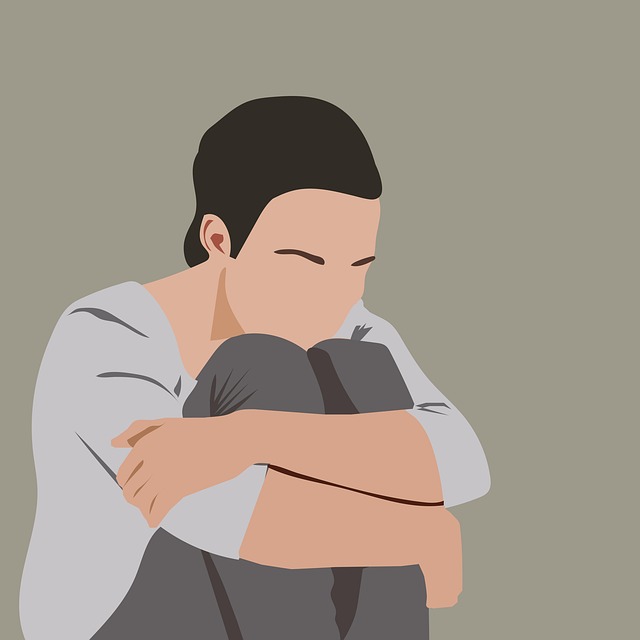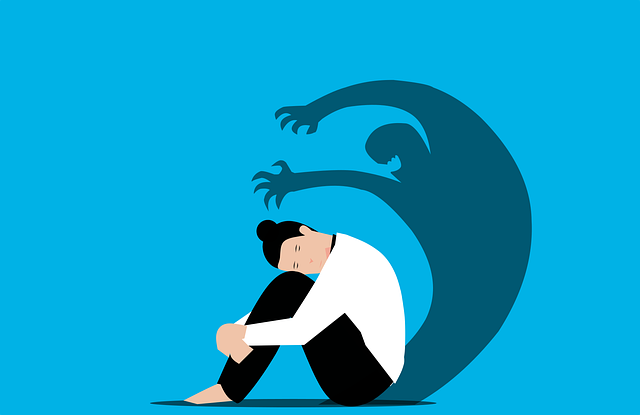Resilience is crucial for well-being, especially for individuals with obesity and mental health issues like depression. Littleton Bariatric Evaluations Therapy (LBET) offers RFM (Recovery, Flexibility, Mastery) therapy, teaching effective coping strategies to manage stress, build mental wellness, and prevent relapse. This tailored approach empowers patients to adapt to life's changes while improving emotional and physical health. The initial assessment process at LBET evaluates medical history, lifestyle, and dietary habits, leading to personalized therapy plans focusing on behavior modification, nutritional guidance, and emotional support for a healthier life in Littleton. Continuous exercise, mindfulness, and cultural sensitivity enhance resilience, preventing burnout for healthcare professionals including those at LBET.
In today’s fast-paced world, resilience is key to mental well-being. This is particularly relevant for bariatric patients undergoing significant lifestyle changes. Littleton Bariatric Evaluations Therapy introduces RFM (Resilience, Flexibility, and Mindfulness) exercises as a powerful tool for building endurance during this transformative journey. This article explores the role of RFM in resilience building, its practical implementation in clinical settings, its positive impact on bariatric patients’ mental health, and best practices for maintaining long-term resilience through continuous exercise.
- Understanding RFM and Its Role in Resilience Building
- Implementing RFM Exercises in a Clinical Setting
- The Impact of RFM on Bariatric Patients' Mental Health
- Best Practices for Sustaining Resilience Through Continuous Exercise
Understanding RFM and Its Role in Resilience Building

Resilience is a critical component of overall well-being, especially for individuals dealing with conditions like obesity or facing mental health challenges such as depression. This is where RFM (Recovery, Flexibility, and Mastery) steps in as a powerful framework. RFM therapy, often incorporated into Littleton Bariatric Evaluations and Therapy programs, focuses on enhancing resilience by teaching individuals effective coping strategies to navigate life’s stressors.
By understanding their personal triggers and developing skills to manage them, participants can build mental wellness and prevent relapse. This approach, tailored to each individual’s unique needs, empowers them to embrace change and foster a positive mindset. The RFM model encourages flexibility in thinking and behavior, allowing individuals to adapt to life’s curveballs while maintaining a sense of control over their emotional and physical health.
Implementing RFM Exercises in a Clinical Setting

Implementing RFM (Resilience, Flexibility, and Mastery) exercises within a clinical setting offers a unique opportunity for patients to develop vital coping strategies and enhance their overall well-being, especially in the context of Littleton Bariatric Evaluations Therapy. These exercises are designed to encourage individuals to embrace challenges, foster positive thinking, and manage stress effectively. By integrating RFM into therapy sessions, healthcare professionals can create a supportive environment that promotes cultural sensitivity in mental healthcare practice.
This approach allows patients to explore their emotional resilience, learn flexible problem-solving skills, and gain a sense of mastery over their lives. Through structured activities, they can identify and challenge negative thought patterns, replacing them with more adaptive ones. The focus on stress management and positive thinking not only improves mental health but also has physical benefits, particularly for those undergoing bariatric evaluations, as it can contribute to better lifestyle choices and overall behavior modification.
The Impact of RFM on Bariatric Patients' Mental Health

Best Practices for Sustaining Resilience Through Continuous Exercise

Maintaining resilience is an ongoing journey, especially within demanding fields like healthcare. To sustain their inner strength, professionals should incorporate continuous exercise into their routines, such as regular physical activity and mindfulness practices. These activities not only promote overall well-being but also serve as effective burnout prevention strategies for healthcare providers, including those specializing in Littleton Bariatric Evaluations Therapy. Customizing exercises to cater to individual needs is a best practice; whether it’s yoga, meditation, or even simple walks in nature, finding what resonates with each person is key to fostering resilience.
Moreover, the integration of cultural sensitivity in mental healthcare practice should be considered alongside these exercises. Understanding and respecting diverse backgrounds enhances the effectiveness of resilience-building strategies. By combining physical well-being with cultural awareness, healthcare professionals can create a holistic approach to nurturing resilience, ensuring they remain equipped to handle the challenges that come their way.
Implementing resilience-focused exercises (RFM) as part of comprehensive therapy, such as that provided by Littleton Bariatric Evaluations and Therapy, can significantly enhance the mental well-being of bariatric patients. The article has explored how RFM, a powerful tool for building emotional resilience, improves coping mechanisms and overall satisfaction with life. By integrating these exercises into clinical settings, healthcare professionals can empower individuals on their journey towards better health and lasting mental fortitude. This approach not only supports physical transformations but also fosters the mental strength needed to navigate challenges long-term.












